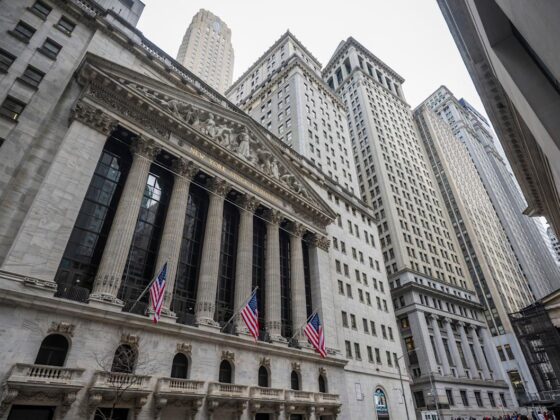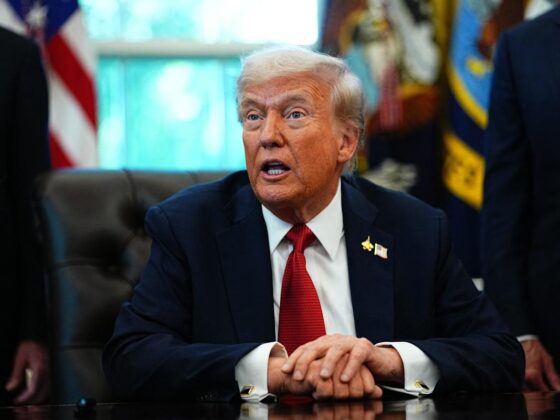00:00 Josh
Sam, always great to see you. So, here's what you're telling clients, Sam. You put it like this. You say, history reminds us that government shutdowns have typically been more headline-making than bottom line impacting. Uh walk us through that, Sam. What do you mean by that?
00:18 Sam
Sure, Josh, good to talk to you again. Well, what it really means is that the market, you know, might sort of hold its breath during the first couple of days of a government shutdown, but let's face it. Uh, in the typically average 8-day shutdown, the market has actually risen in that time period, uh, and has posted a positive batting average, meaning it's gained more than uh days than it's lost. And if you go back to 1984, um, you know, because we had been seeing shutdowns for about 10 years prior, investors started to say, you know, okay, tell me something I don't know. And from that point forward, uh, the market was up more than 70% of the time during the shutdown and then was higher uh more than 90% of the time in the 30 days after the shutdown. So basically, shutdowns have been non-events for the market, uh but they've been great things to talk about in the financial media.
01:17 Josh
Let me ask you something, you know, there are economists who suggest, I want to run this by you. They'll say, well, what if this shutdown last longer than we expect? You know, what if it what if it lasts longer than just even a few weeks and then the Fed doesn't have that hard data they want and expect and maybe the Fed then maybe they don't cut at that at that next meeting, Sam. One, what do you just make of that hypothetical? And two, if if that happens, Sam, how would you expect the markets to respond, to react?
01:49 Sam
Well, first off, uh back in 2018, 2019, we had a 35-day government shutdown. And in that 30-day 5-day period, the market was up 10 and 1/2%. And then it was up another 5% 30 days later.
02:07 Sam
So, if you really were going to be saying, well, gee, if this ends up being a drawn out affair, well, let's go right back to 2018. Again, under a Trump administration and the market did just fine. So, you know, I I would tend to say that history would refute the worries that investors have at this point. Uh, I also think that because the Fed cut uh at the most recent meeting in mid-September, and because the data had been looking soft, I think the Fed would err on the side of caution by cutting again in October and then say, well, you know, well, the government should be reopened by the time we have our December FOMC meeting. So if the data looks a little hotter than we thought, well, then maybe we'll hold off on another cut in December. But
02:50 Sam
I think essentially investors are focusing on the four Es. uh enthusiasm surrounding AI, the uh expectations for at least one more cut by the Fed this year, uh emotions. uh we can see it in the term of FOMO or fear of missing out. and then lastly, earnings outlook for Q3, which right now is expected to show a 7% gain.













